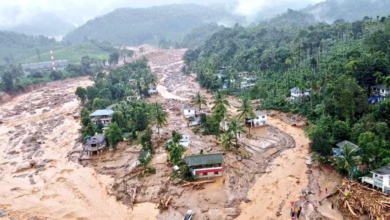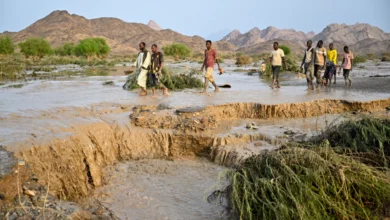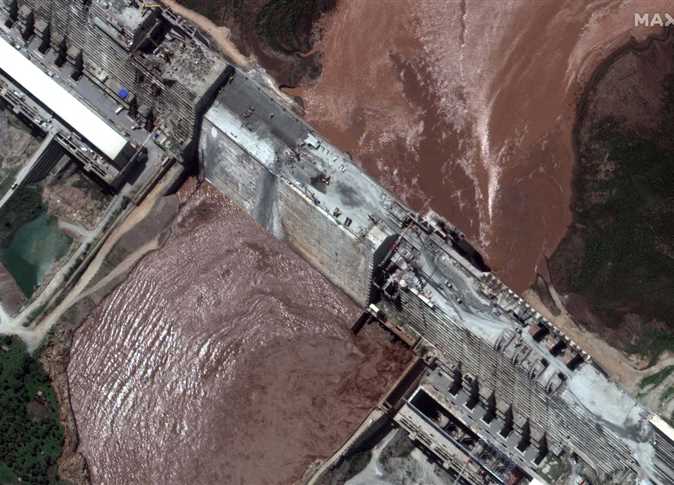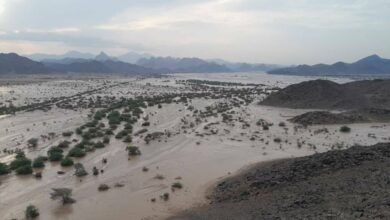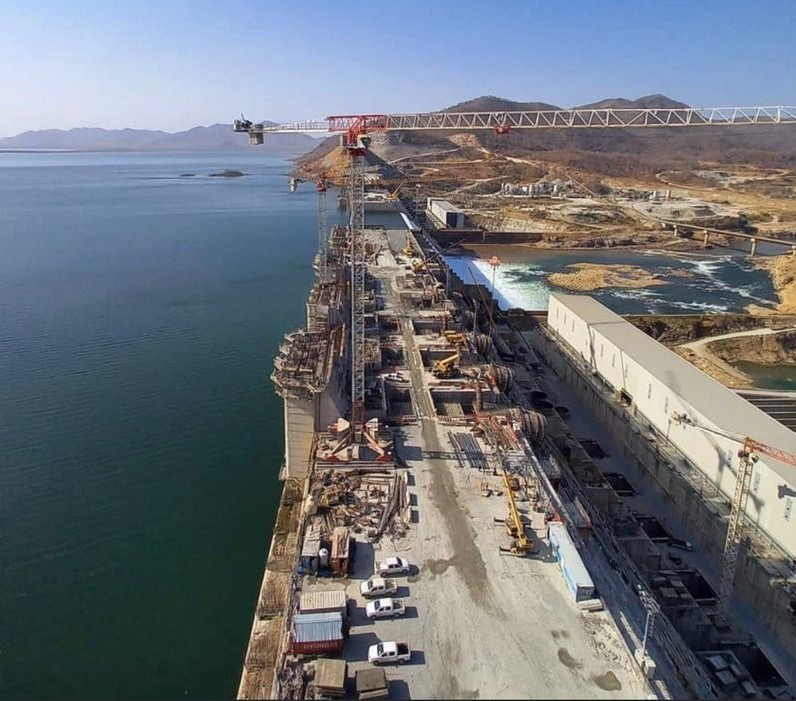
The Ethiopian ambassador to Russia, Ethiopia Alemayehu Tegenu, said that 88 percent of the construction work on the Grand Ethiopian Renaissance Dam (GERD) has already been completed, stressing that his country is looking forward to completing the construction of the dam by the end of 2023 and to export wheat as a result.
In an interview with the Russian “Sputnik” news agency, Tegenu said that the Renaissance Dam is an Ethiopian edifice built by Ethiopia with the help of its people, so it will be managed only by the Ethiopians, but he pointed out to possibly “sharing information with downstream countries when necessary.”
Tegenu also stressed the need for dialogue with Egypt and Sudan under the African Union to reach an agreement on the dam.
Ethiopia will become self-sufficient in wheat within a short period, and will even be able to export it by 2023, Tegenu said.
Tegenu said that his country does not depend on wheat supplies from Russia and Ukraine, but rather buys it from different countries through auctions, adding, Ethiopia has a plan to achieve self-sufficiency in terms of food supplies, and has recorded great success in wheat production in 2022, as about 2.6 million tons of wheat were produced using the irrigation system in the dry season.
In May, Sudanese Foreign Ministry rejected what it has called the “irresponsible statements” from the director of the GERD, accusing him of ignoring Sudan’s position regarding the third filling of the dam.
Sudan added that the filling and operating of the GERD must be halted until after reaching a fair and binding legal agreement that achieves the interests of the peoples of the three countries.
Negotiations over the GERD have officially stopped since April 2021, after Egypt, Sudan and Ethiopia failed to reach an understanding before the start of the second filling of the dam, which Ethiopia implemented in July.
Cairo and Khartoum reject Ethiopia’s insistence on filling the dam before reaching a binding agreement on filling and operation.
Egypt, which relies considerably on freshwater from the Nile, has voiced fears that the GERD would negatively impact the country’s water supply.
Egypt has also insisted that measures be put into place to protect downstream countries in case of drought during the dam’s filling process.
Egypt and Sudan say they want a legally binding agreement, while Ethiopia says any pact should be advisory.
Egypt and Sudan consider the dam a threat to their vital water supplies, while Ethiopia considers it essential for development and doubling its electricity production.
The downstream nations fear possible blows to water facilities, agricultural land, and overall availability of Nile water.
Negotiations over the dam between Egypt, Ethiopia, and Sudan have stalled for years, with the three parties ultimately failing to reach any concrete agreement.
The disputed dam is the largest hydroelectric project in Africa, with a cost of more than four billion dollars. The construction of the dam began in 2011.
It is considered to be one of Egypt’s most serious water issues.

